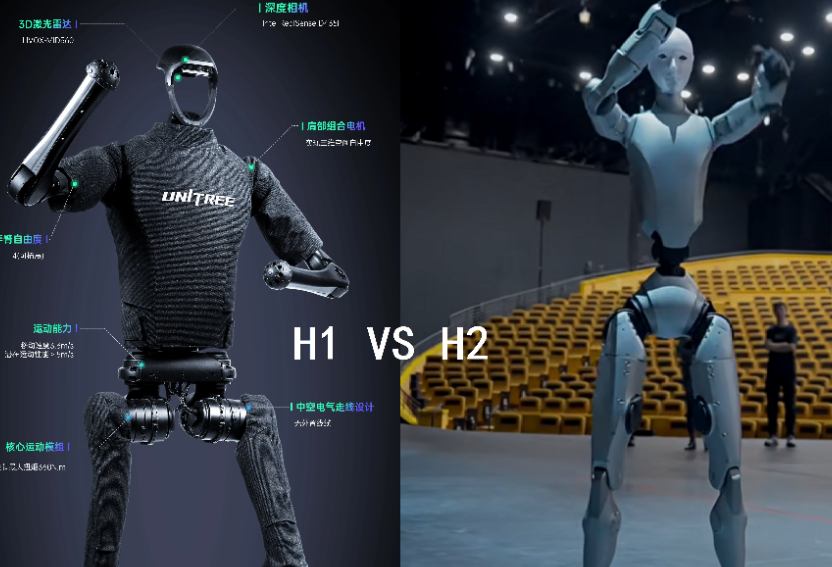Another secret history of the solar system hidden in the lunar soil brought back by Chang'e-6 has been uncovered. Scientists have identified residues of CI-type meteorites, which are mainly distributed in the outer solar system's asteroid belt, from the lunar soil. This not only updates the understanding of the material migration mechanism in the inner solar system but also provides a new direction for future research on the distribution and evolution of lunar water resources. In the early morning of October 21st, the findings were published in the international academic journal Proceedings of the National Academy of Sciences of the United States of America (PNAS).
The parent asteroids of CI-type meteorites are mainly located in the outer solar system's asteroid belt, and they are rich in volatile components such as water and organic matter. Through systematic research on these residues, researchers propose that these fragments are the products of rapid cooling and crystallization after the parent bodies of CI-type carbonaceous chondrites collided with the lunar surface and melted. Further statistics show that the proportion of such meteorites on the lunar surface is much higher than that on Earth, indicating that the impact contribution of carbonaceous meteorites to the Earth-Moon system may have been seriously underestimated.

Chinese scientists have developed a new "green hydrogen ironmaking" technology, which uses plasma-enhanced chemical vapor reduction process with hydrogen as the reducing agent to successfully realize efficient iron extraction from red mud.
The research team stated that red mud is a strongly alkaline industrial waste derived from alumina production. Currently, the global stockpile of red mud has exceeded 4 billion tons, most of which is stored in waste ponds or dry yards for a long time, with a recycling rate of only 3%. Red mud has a high iron oxide content and is a potential substitute for iron ore.
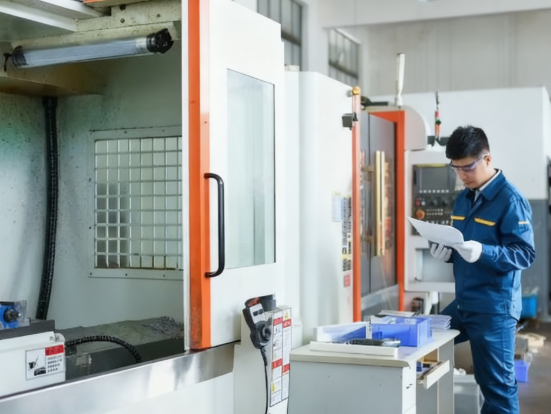
At 11:00 on October 19th, the Lijian-1 Y8 carrier rocket lifted off from the Dongfeng Commercial Space Innovation Test Area, successfully sending the three onboard satellites—Pakistan Remote Sensing Satellite-02, Zhongke Satellite-03, and Zhongke Satellite-04—into their predetermined orbits. The flight test mission achieved complete success.
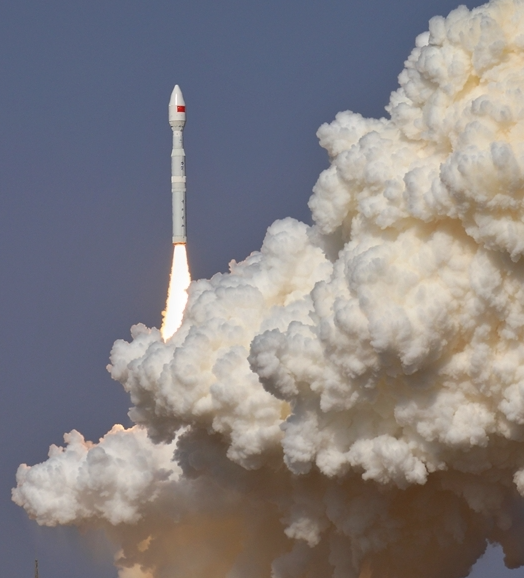
China's high-speed rail has set a new world record again — the CR450 Fuxing EMU train achieved amazing speeds of 453 km/h for a single train and 896 km/h for relative meeting during tests on the Shanghai-Chongqing-Chengdu High-Speed Railway. With a speed of 453 km/h breaking the world record, the CR450 incorporates a number of revolutionary technologies that realize zero growth in energy consumption, and it will start commercial operation in 2026.
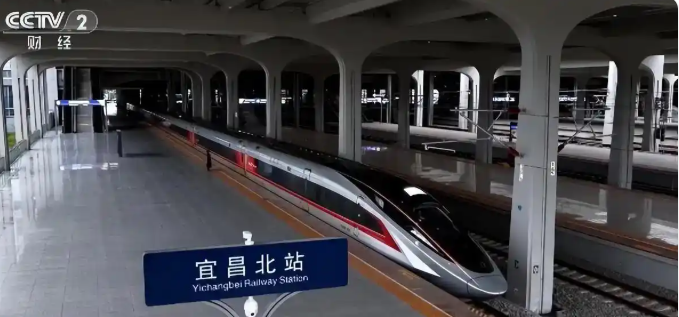
The 2025 China Robot Competition and RoboCup China Open (China Robot Competition Division) concluded successfully. The competition lasted for three days, with more than 300 universities, nearly 1,700 teams, and over 5,000 players from across the country competing fiercely in areas such as robot intelligent control, system integration, and scene application.
The university group of this competition set up a total of 24 major events, covering many cutting-edge fields such as intelligent robot systems, industrial automation, service robots, and intelligent perception.
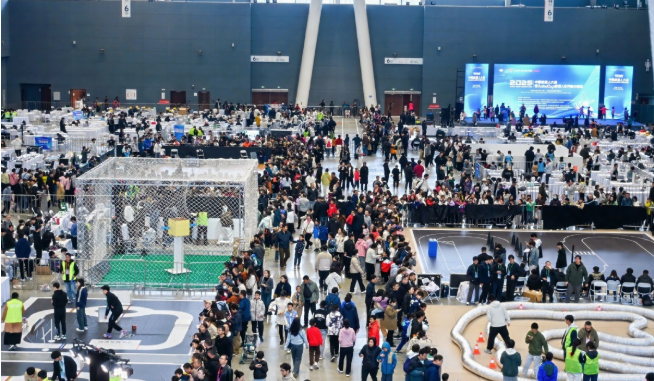
Unitree Robotics has launched its latest humanoid robot product, Unitree H2 (H2 Humanoid Robot), which stands 180cm tall and weighs 70kg. Compared with its predecessor, the H2 features an added bionic human face in appearance—an improvement that brings its overall image one step closer to a high level of anthropomorphism. Whether performing smooth dances or demonstrating complex martial arts moves, the H2 exhibits far superior stability and flexibility than the previous generation. Its full-body joint movements are coherent with high coordination, and its postures appear extremely natural.
